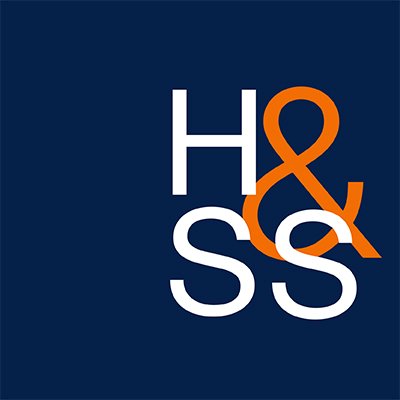The registration is now open for the conference sponsored by the Brocher Fondation and organized by Andreas Frewer (University of Erlangen-Nürnberg, Germany), Ulf Schmidt (University of Kent, UK), Professor Dominique Sprumont (University of Neuchâtel, Switzerland) on the topic of 'Research Within Bounds - Protecting Human Participants in Modern Medicine and the Declaration of Helsinki, 1964 - 2014'.
The aim of this international conference is to reflect about the 50th Anniversary of the Declaration of Helsinki by the World Medical Association (WMA), one of the most important landmarks in biomedical research ethics. By the beginning of the 1960s, in light of ever more frequent revelations about unethical research on disadvantaged and vulnerable populations, and after the widely publicized Thalidomide tragedy had prompted calls for greater state regulation, it was increasingly difficult to oppose the reform of existing research practices; the political, legal, and financial stakes had simply become too high for the international medical community. If fundamental change to research governance could no longer be delayed, senior scientists hoped to appropriate and control the argument from the front, and perhaps even to publicize carefully-managed adjustments in research ethics as an apparent reflection of greater transparency and public accountability in medical science. In June 1964, after years of debate, the WMA adopted the Declaration during its General Assembly in Helsinki, Finland.
By bringing together leading world experts from the medical humanities, biomedicine, the medical sciences, bioethics and health law, the Symposium will reflect upon and critically examine our current global regulatory system which is aimed at protecting experimental participants in developed and developing countries. Efforts to safeguard human participants in clinical trials have intensified ever since the first version of the Declaration was promulgated, and are now codified in many national and international laws and regulations. Over 50 years, this ‘living document’ has been criticized and revised many times, most recently in 2008, yet its standing as of one the most globally accepted ethical codes remains largely undisputed. Still, we are far from certain whether our existing framework provides sufficient guidance for tomorrow’s research practices.
The Symposium will provide a unique opportunity to take stock of some of the major achievements in the field, and address future challenges in biomedical research ethics.
The full program of the conference is available here.
Deadline for registration: July 31st, 2013
Attendance is reserved on a first come, first served basis. To register click here.
- Log in to post comments
